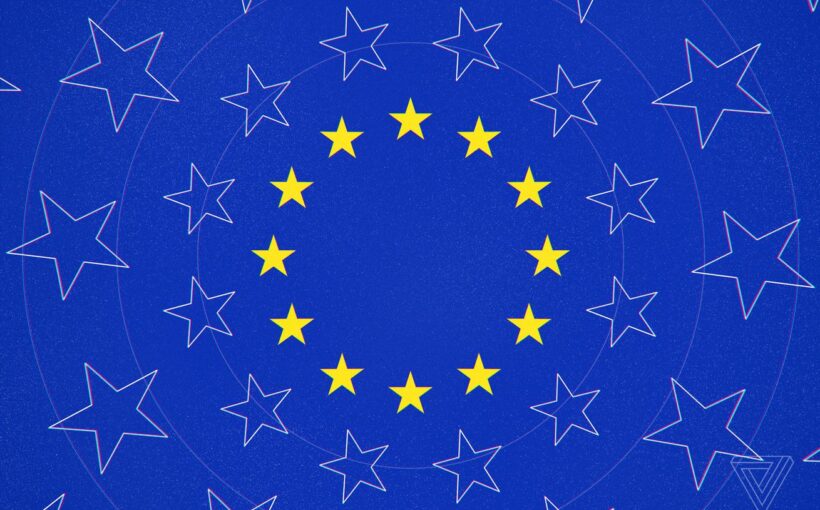European diplomats have agreed a raft of travel-related measures including facemasks, pre-flight testing and wastewater surveillance in response to the COVID wave currently engulfing China — raising the prospect of retaliatory action from Beijing.
However, none of the agreed measures are mandatory, leaving it to individual countries to decide whether to implement them.
At a crisis meeting in Brussels on Wednesday, national diplomats agreed on a “coordinated precautionary approach” in light of the surging COVID wave in China the Swedish presidency said in a statement.
The diplomats agreed that EU countries would recommend all passengers on flights to and from China wear high-grade face masks, and would issue advice to travelers on hygiene and health measures.
However, the wording of the remaining actions leaves countries with a fair bit of wiggle room. They are “strongly encouraged” to introduce requirements for negative pre-departure tests 48 hours before leaving China, as well as “encouraged” to randomly test passengers arriving from China and sequence positive results.
Countries are also “encouraged” to test and sequence wastewater samples from airports and aircraft from China, and to promote vaccine-sharing and immunization campaigns.
The measures, if implemented, risk retaliation from China, which warned this week that any restrictions on travelers from China were “unacceptable,” and would risk “countermeasures.” That’s despite even stricter travel restrictions for arrivals to China since the start of the pandemic, which ease somewhat on January 8.
While there is a lack of scientific consensus on whether such measures will reduce the risk of another variant landing in Europe, there has been pressure to introduce them nonetheless.
“Lots of countries actually want a restrictive approach a lot, but scientific evidence is not too supportive of this,” one diplomat told POLITICO.
Peter Piot, special adviser to the Commission, and former head of the London School of Hygiene and Tropical Medicine, said he was “happy” that member states now agree that “person-oriented restrictions” should be taken for travelers with COVID coming from China, and “certainly not a full travel ban.” “Not acting now, and in the absence of reliable information from China, would be hard to understand considering the principle of precaution,” Piot said.
The integrated political crisis response (IPCR) meeting brought together national diplomats who work in the fields of health and border controls to nail down these measures after health ministers drafted proposals during two previous meetings over the last week.
The coordinated approach comes after several EU countries including Italy, Spain and France introduced unilateral travel measures. The U.K. also requires pre-departure tests specifically due to the lack of reliable data from China, it said. The U.S., Japan and India have all implemented similar measures while Morocco has banned Chinese arrivals entirely.
EU countries agreed to reassess the situation and review these measures by mid-January.
Stuart Lau contributed reporting.
Source: Politico


